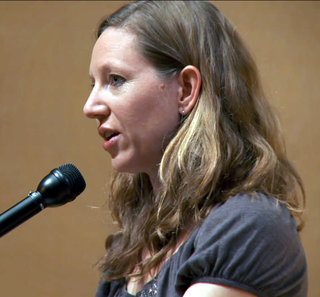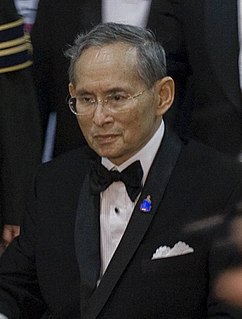A Quote by Niger Innis
Join America taught English, an understanding of the U.S. Constitution, that the Bill of Rights is the ultimate insurance policy for a citizen, and that being a citizen is not an entitlement. And we also taught a bit of capitalism.
Related Quotes
The 14th Amendment, 2nd Amendment, there's nothing in the Constitution that says that if you are born to an illegal immigrant in America, that you are an American citizen. It's not there. People think it is. They confuse it with being born to an American citizen in America or overseas. But there's nothing in the law, nothing in the Constitution.
Why did I become a Canadian citizen? Not because I was rejecting being a U.S. citizen. At the time when I became a Canadian citizen, you couldn't be a dual citizen. Now you can. So I had to be one or the other. But the reason I became a Canadian citizen was because it simply seemed so abnormal to me not to be able to vote.
That provision in the constitution which requires that the president shall be a native-born citizen (unless he were a citizen of the United States when the constitution was adopted,) is a happy means of security against foreign influence, which, where-ever it is capable of being exerted, is to be dreaded more than the plague.
Americans love to talk about the Constitution and how it protects the rights of every citizen and promises freedom to every citizen, but it's also a country based on racism and they don't talk about that too much and every time there's a film which deals with it there's certain parts of the country that feel uncomfortable.
Then President [Barack] Obama went on to argue that a citizen`s Second Amendment rights can be restricted without being infringed, just like any other rights. There are limits on your free speech and on your right to privacy. But he also made another nuanced Constitutional argument, that the rights enshrined in the Second Amendment must be balanced alongside the others rights guaranteed by the Constitution.
When I went to college - when I read Shakespeare or Dickens or Scott - I just felt that, as a citizen of England, a British citizen, this was as much my heritage as any schoolboy's. That is one of the things the Empire taught, that apart from citizenship, the synonymous inheritance of the citizenship was the literature.
Whenever you get involved with talking about rights, you're talking about being a citizen. You're talking about being a citizen in capitalism; you're talking about what rights are granted to what identities, under what laws, and all that is a big mix. Marriage is, among many other things, a formality to channel capital through a family. And that's why the big DOMA lawsuit was about paying too many taxes! "I wouldn't have had to pay all these taxes if Theodora had been Theo" - that was the big tagline. It's all about protecting assets.
The Constitution remains brilliant in its overall design and sound with respect to the Bill of Rights and the separation of powers. But there are numerous archaic provisions that inhibit constructive change and adaptation. These constitutional bits affect the daily life of the republic and every citizen in it.
It was during the eighteenth century - a period of boastful satisfaction with the nice balances within the English constitution - that Englishmen came to accept the Whig view of the utility of an armed citizenry. The armed citizen was not only affirmed to be protecting himself but, together with his fellows, provided the ultimate check on tyranny.





































